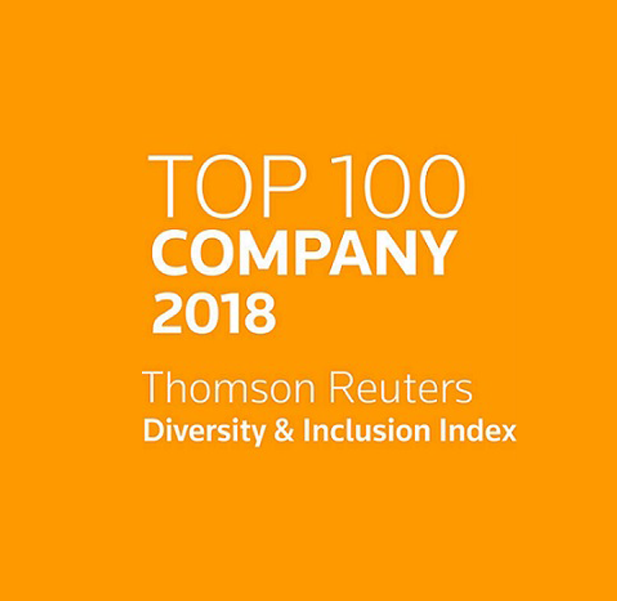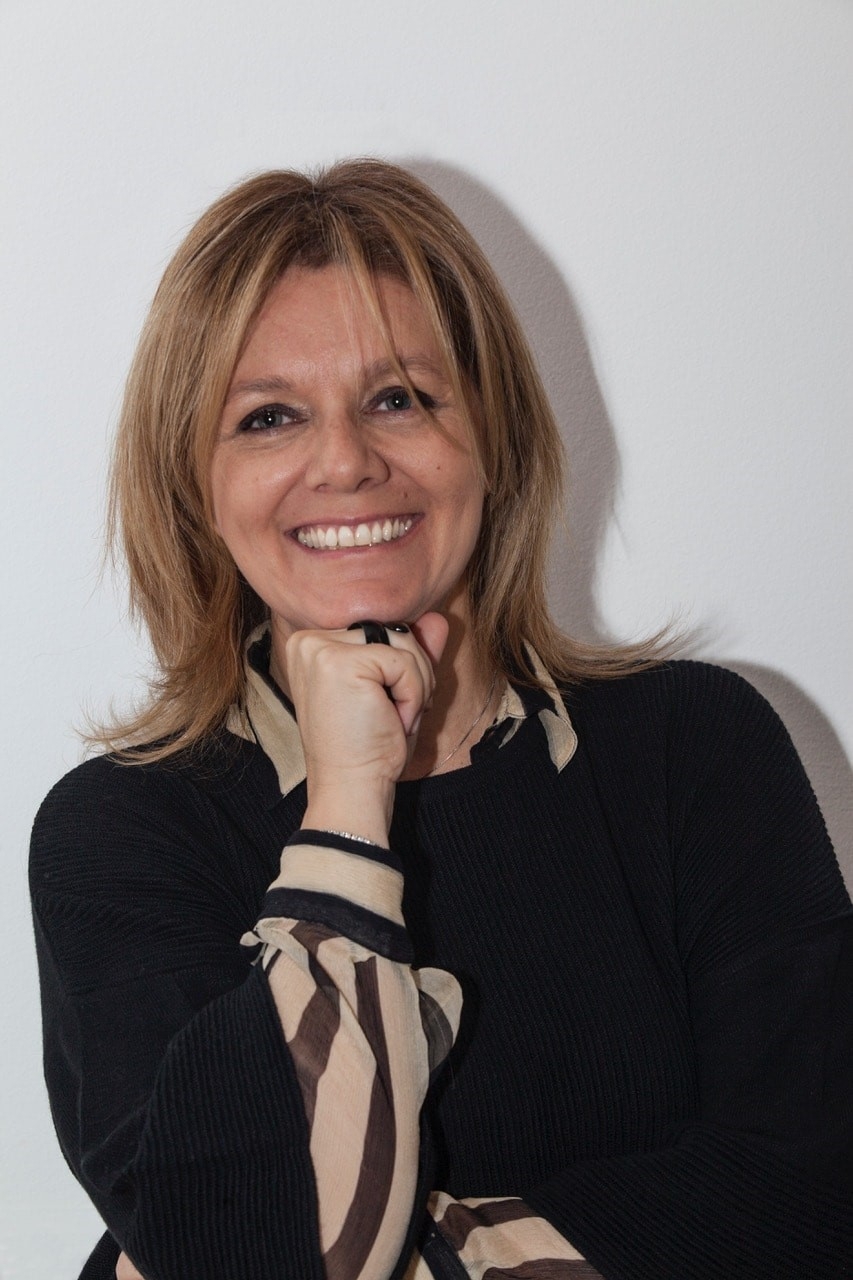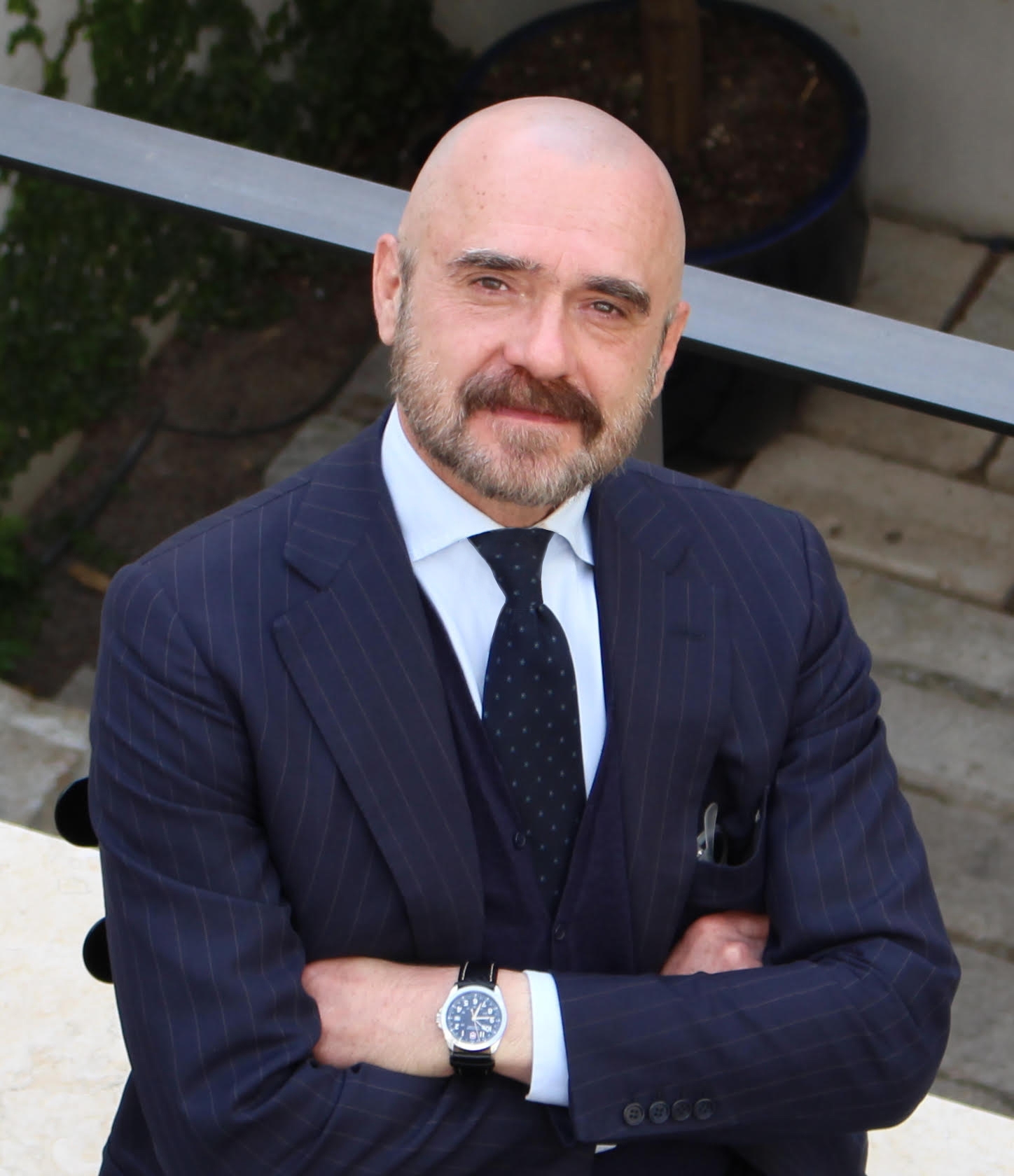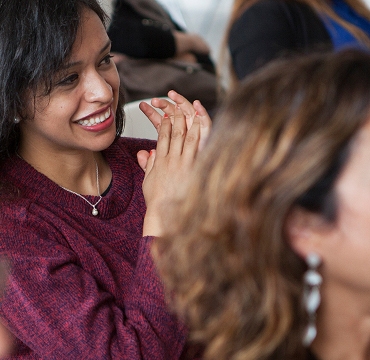For many years now experts in company organisation have demonstrated the links between on the one hand companies' promotion of inclusion and valuing of diversity, and on the other their performance, not only in terms of workplace environment and wellbeing but also competitive position and innovation generation.
For some time, moreover, these effects have made themselves felt in the world of financial markets.
The Thomson Reuters index is a small part of a seemingly very fast-moving evolution. Il Diversity and Inclusion Index di Thomson Reuters è la punta dell’iceberg di un'evoluzione che appare molto veloce. For TIM Thomson Reuters 2018 analysis was particurlarly positive: we have joined the Top 25 of Thomson Reuters' Diversity & Inclusion Index, shooting up to sixth place from 93rd last year, becoming the top company in Italy and the top telecom company in the world.
Thomson Reuters, an economic media multinational, ranks over 7,000 companies on their performance in diversity and inclusion, on the basis of environmental, social and governance data taken from public sources like sustainability reports, financial reports, company websites, press releases and stock exchange publications. The index measures companies' performance in four areas: "Diversity", "People Development", "Inclusion" and "News Controversies". Only companies that get a decent score in each of these areas receive an overall score, calculated as the mean average of the four. The index is republished every three months, based on the most recent data in Thomson Reuters' database.
Recently, for example, Consob's publication of the financial working paper "Boardroom gender diversity and performance of listed companies in Italy", which looks at the application of the legislation on gender quotas by listed companies.





